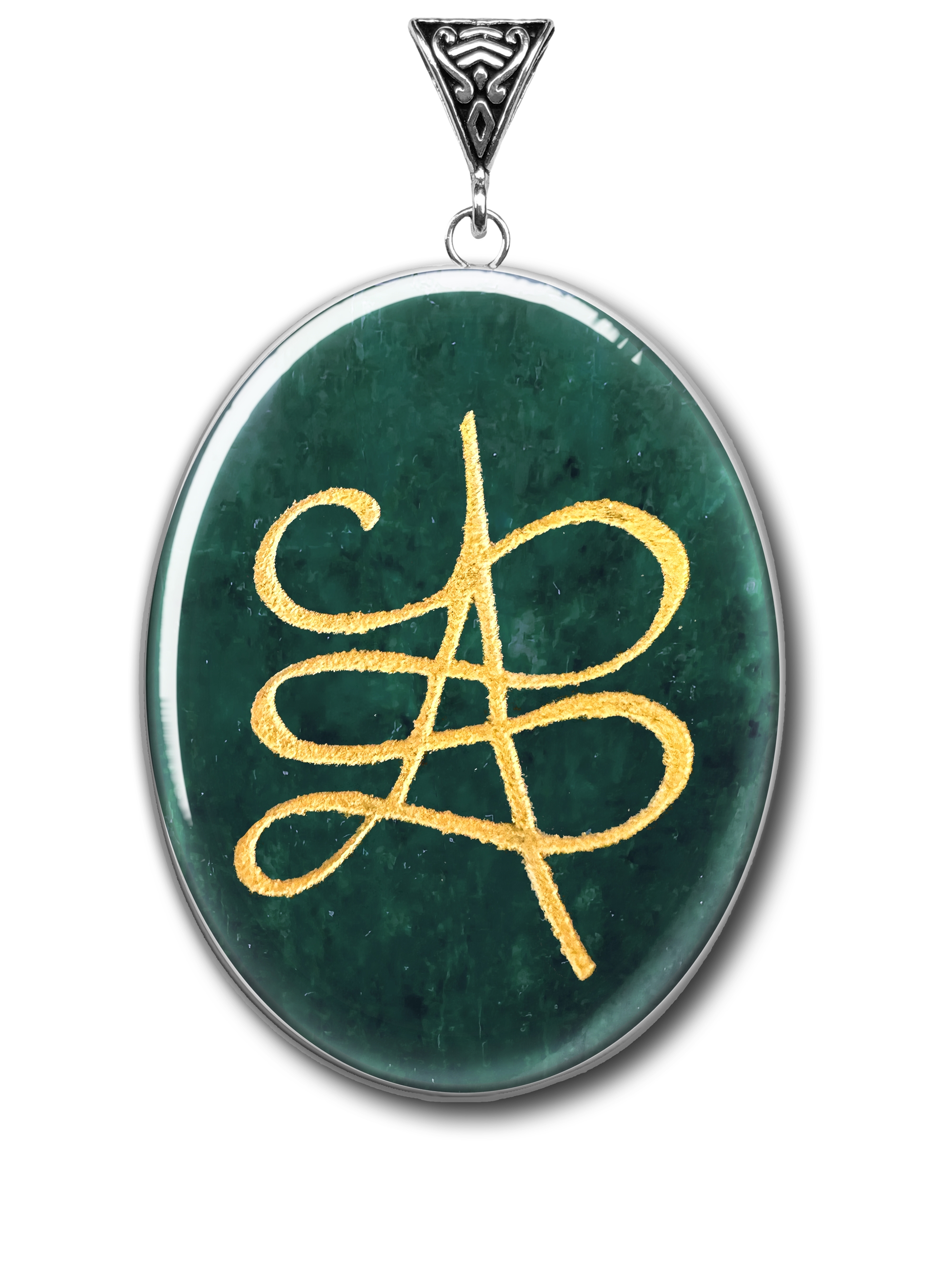Categories
Descartes' "Cartesian dualism"
René Descartes, a pivotal figure of the 17th century, is best known for his formulation of Cartesian dualism, a philosophical view that posits the distinction between the mind and body as two fundamentally distinct entities, fundamentally influencing both metaphysical thought and practical domains such as psychology, neuroscience, and even artificial intelligence.
In his works, primarily "Meditations on First Philosophy," Descartes argues that the essence of the mind is thought, while that of the body is extended substance, meaning that the body occupies space and has physical properties, whereas the mind is non-physical and concerned with consciousness and self-awareness. This dualism arises from Descartes' famous dictum, "Cogito, ergo sum" ("I think, therefore I am"), asserting that the very act of doubt or thought confirms the existence of the self as a thinking entity.
Through methodological skepticism, Descartes sought to establish a foundation of certainty amidst the uncertainties of life, leading to the clear distinction between mental processes (ideas, beliefs, feelings) and physical processes (movement, sensation). One of the implications of this dualism is the challenge it poses to understanding how these two distinct substances interact, famously raising questions about the mind-body problem—how non-physical thoughts can influence the physical body, and vice versa.
Descartes' ideas have laid a significant foundation for debates in metaphysics, philosophy of mind, and the development of modern psychology, making him a central figure in the discourse regarding the nature of human existence and consciousness.
Mystically, this dualism aligns with various spiritual traditions that emphasize a soul or essence that transcends physical existence, inviting explorations into human consciousness, free will, and the nature of reality itself.
Practically, Cartesian dualism has informed the development of modern psychology, distinguishing mental processes from physical states, thereby paving the way for disciplines like cognitive behavior therapy, which recognizes the interplay of thoughts and actions. Additionally, in the realm of artificial intelligence, the dualist perspective raises questions about whether machines can possess consciousness akin to that of beings with a mind.
Thus, Cartesian dualism resonates through mystical explorations of existence while concurrently supporting pragmatic applications in contemporary science and philosophy, underscoring its enduring impact.



